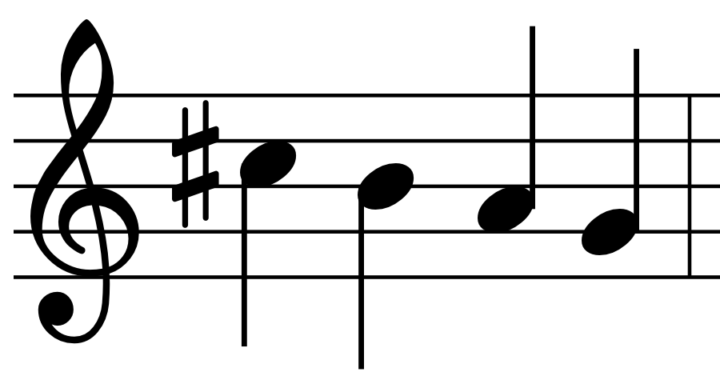 In this second blog posting on Francis Asbury and stewardship, I’d like to offer for your consideration the words of some preachers who traveled with Asbury and the impression he made upon them when it came to money:
In this second blog posting on Francis Asbury and stewardship, I’d like to offer for your consideration the words of some preachers who traveled with Asbury and the impression he made upon them when it came to money:
Once, in Ohio, Asbury and Boehm came across a widow whose only cow was about to be sold for debt. Determining that, “It must not be,” Asbury gave what he had and solicited enough from bystanders to pay the woman’s bills. “His charity knew no bounds but the limits of its resources; nor did I ever know him let an object of charity pass without contributing something for their relief,” Bond wrote. He recalled that Asbury often gave money to strangers he met on the road whose circumstances seemed dire, especially widows. He had his share of failings, but the love of money wasn’t one of them. This won him a great deal of respect from everyone who knew him…
…Notice that in the story of the widow’s cow, people gave in Asbury’s presence when they presumably would not have otherwise. Particularly later in his career, when Methodists were becoming more affluent, he knew that his reputation for charity and asceticism could be used as a shield against all kinds of criticism. If money is power, then Asbury was powerless. But of course money is not the only source of power in a religious movement (American Saint, 12).
I’ve been very convicted in the course of reading about Francis Asbury and money. In the story above, Asbury gave all that he had to help the widow keep her cow. I don’t know many people with enough faith to drain everything in their checking account to help out a stranger in need. I feel pretty good about myself when I hand a bag of food to someone on the corner in need, but I don’t think I would be inclined to put myself in their place and beg on their behalf in the way that Asbury did!
One of the main things that I take away from this story is that no matter how faithful we may be, we can always do more. But there is something more for us to learn yet from this story. Asbury didn’t have enough money to pay the woman’s debt in full. Often we find ourselves in situations where we don’t have enough money to cover everything that is needed in a situation. When that happens, we can offer ourselves, our time, our abilities, and our presence to help in the situation. When Asbury didn’t have enough money to pay the widow’s debt, he then took it upon himself to help her by asking others on her behalf. Remember, our membership vows remind us to support the church by our prayers, our presence, our gifts (money), our service, and our witness. If you find yourself in a situation where you are unable to give as much money, then try to give more in other ways that are not financial. As Dr. John Wigger reminds us, “money is not the only source of power in a religious movement.”
